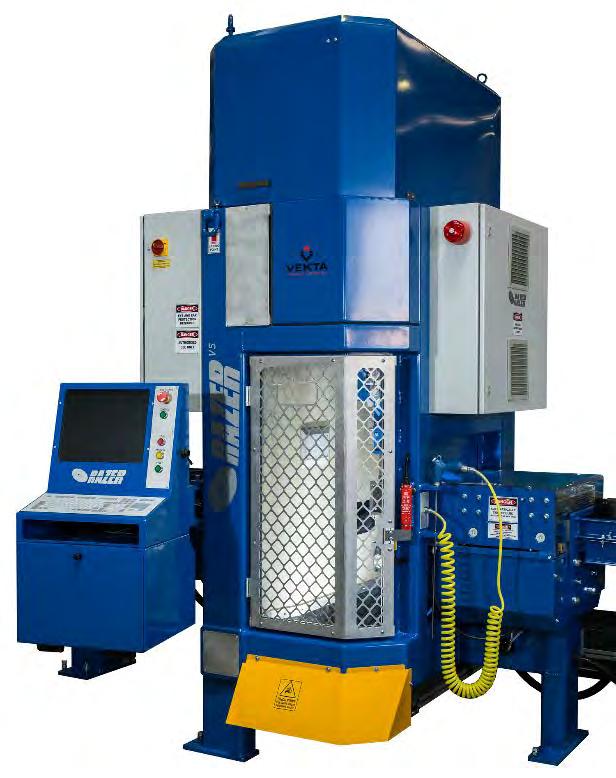
3 minute read
Backwards Compatibility: Unlocking the Full Potential of Your Investment
By Rob Bellian Sales and Marketing Manager

Backwards compatibility is a feature that allows newer versions of software or hardware to successfully work with older versions. This point came to mind during my recent visit to one of our long-time Vekta customers. This plant in the Western Suburbs of Melbourne, Australia has been operating for over 20 years, and to my surprise actually had purchased their very first Vekta Saw 14 years ago (and it’s still going strong, thanks to regular service and preventative maintenance).
Designing solutions that are backward-compatible has many benefits, including the ability to use older equipment and software, saving money on upgrades, and reducing the learning curve for new users. One of the other significant benefits of having backwards compatibility is the ability to use legacy systems.
Many component manufacturers today are still relying on older software and hardware to run their operations, and the thought of upgrading can be costly and time-consuming. But, if the right investment decisions and choices had been made early on, backwards compatibility would allow these plants to continue using their existing systems while also benefiting from new features and functionality into the future.
Backwards compatibility also makes it easier for new users to learn and adapt to a system.
During my visit to the Melbourne manufacturer, our conversation included the question of whether there was a need to invest in a new saw or expensive re-engineering and integration. Of course, after 14 years, in most cases the response normally will be yes or “it’s definitely time for an upgrade/replacement.”
However, this is where the Vekta design philosophy shines. We design and develop desirable products that are profitable and sustainable over the solution’s life cycle, and in this Vekta customer case, that’s fast approaching 20 years!
By allowing our Vekta customers to use older versions of software or hardware, they can familiarize themselves with the basics before moving on to more advanced features at their own pace. This reduces the learning curve for equipment operators and can increase productivity in the long run.
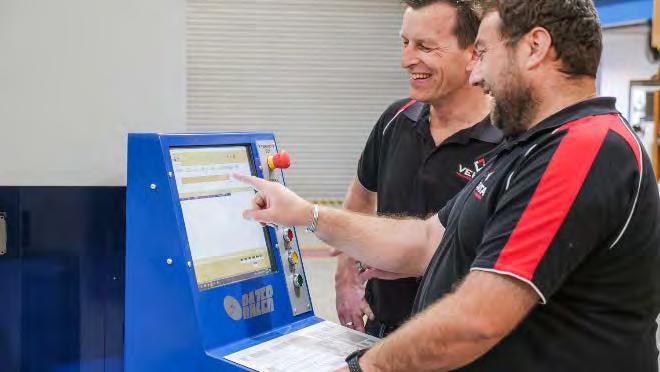
Upgrading to newer versions of software or hardware can be expensive, especially for businesses with multiple systems. Backwards compatibility also allows these businesses to save money by using their existing equipment and software for longer periods of time, without sacrificing functionality or performance including streamlining any preventative maintenance planning and systems support.
Vekta has proven that backwards compatibility also increases the overall sustainability of a system. By allowing newer versions to work with older versions, it ensures that all users can access the same features and functionality, regardless of the version they are using. This can help prevent compatibility issues and reduce the need for multiple versions of the same software or hardware.
Finally, using backwards compatibility can help future-proof a system, by ensuring that newer versions can work with older versions and allowing for a smoother transition to future upgrades and updates. This can help businesses stay ahead of the curve and avoid costly and disruptive upgrades in the future.
Today, Vekta offers a complete range of automation solutions for the frame and truss industry including material handling, intelligent conveying, and cutting and printing – all completely compatible with our oldest market-leading Razer Linear Saw.
What’s more, Vekta also is committed to having forward-compatibility vision, so that we will continue to create software and hardware with a roadmap directed at compatibility with future products. As system-level disruptions continue to occur, Vekta remain committed to investing in continuous-improvement research and development programs so that our products evolve to meet new industry challenges and markets forces.
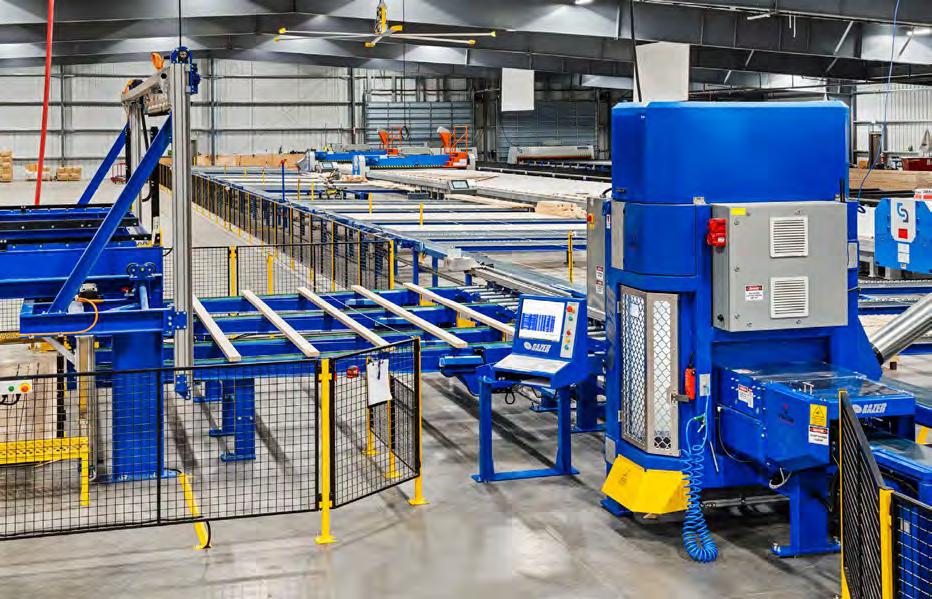
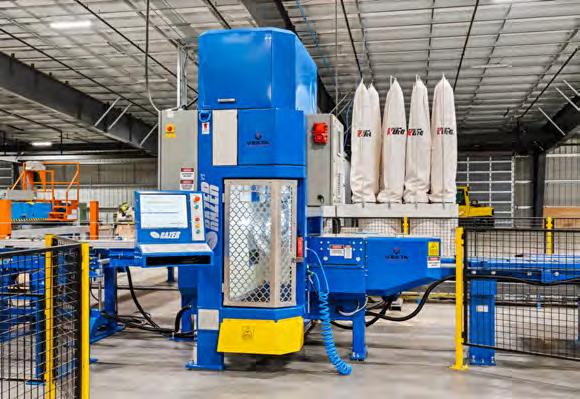
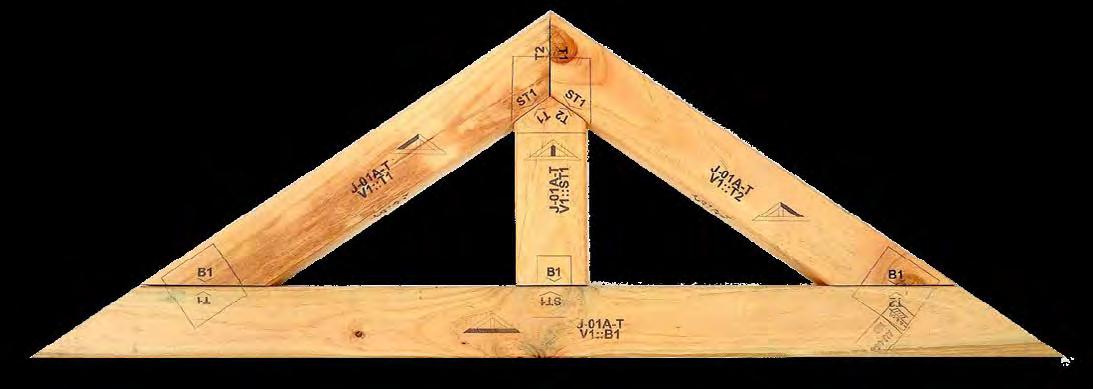
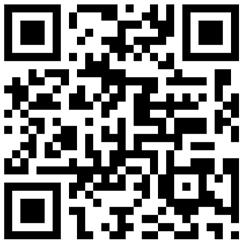
Two custom-built powered infeed decks, 3-arms each, 12′ x 12′ footprint each, touchpad controls and chain conveyors. One deck has a 5 HP drive and the other has a 10 HP drive. 480 volt, 3-phase electrical required.

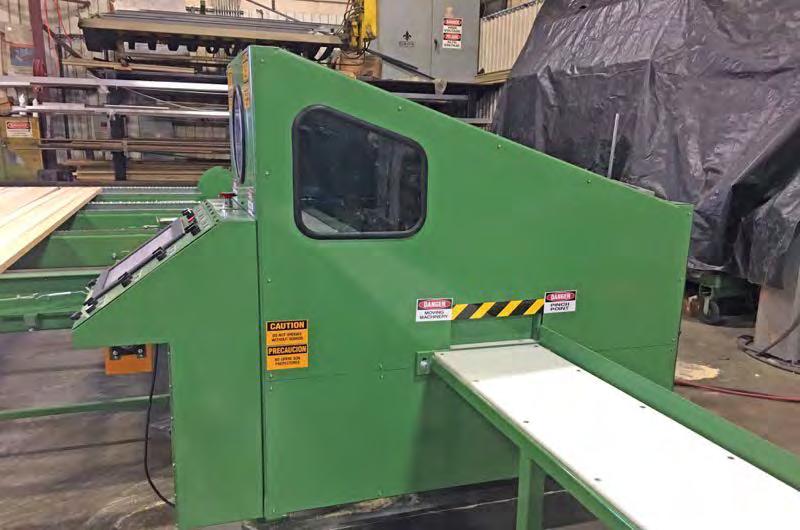
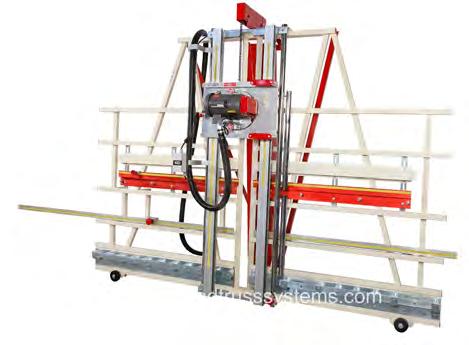
10 HP price is $7,993 & the 5 HP price is $6,993.
Wood Tech Systems
765-751-9990 www.woodtechsystems.com
$13,149 Base FOB MN
We create transformative website and app experiences
Since 2006, we've been helping businesses of all kinds build their online presence. We make websites and software for the construction industry to empower companies to reach a wider customer base and engage their audiences. Companies all around the world work with us to make websites and apps that people actually want to use. Reach out to Wolf X Machina if you're a business and you want a website that actually drives results.
WOLF X MACHINA www.wolfxmachina.com info@wolfxmachina.com
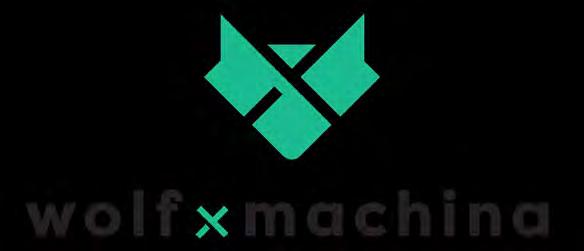
Safety Speed Manufacturing Model 7400 XL Panel Saw Safety Speed Manufacturing, model 7400 XL*, vertical panel saw, 3 HP induction motor, 64 inch crosscut, 2 1/8" maximum thickness, accuracy within 0.005 inches, 13 foot long welded steel frame with integrated stand and linear V-guides, enclosed counterweight system, adjustable vertical and horizontal rules. Quick changes from vertical to horizontal cutting. Includes machined aluminum material rollers, hold down bar, wheels, quick stop gauges and material hold downs. Dust collection ready. Options available include digital readouts for vertical cuts, automated length measuring, laser guide, stop bar, vacuum and midway fence. 208-230/460 volt, 3 phase electrical (208-230 single phase, 2 HP power optional +$100.00).
NEW!
New Monet DeWall Saw Monet DeWall 90/90 wall panel marking saw is a computer numeric controlled wall panel saw with touch screen user interface. Cuts and marks up to 2 boards at a time using 2x4 through 2x8 or cuts and marks one board at a time. Call for pricing, FOB MO
765-751-9990 www.woodtechsystems.com











